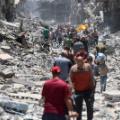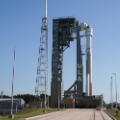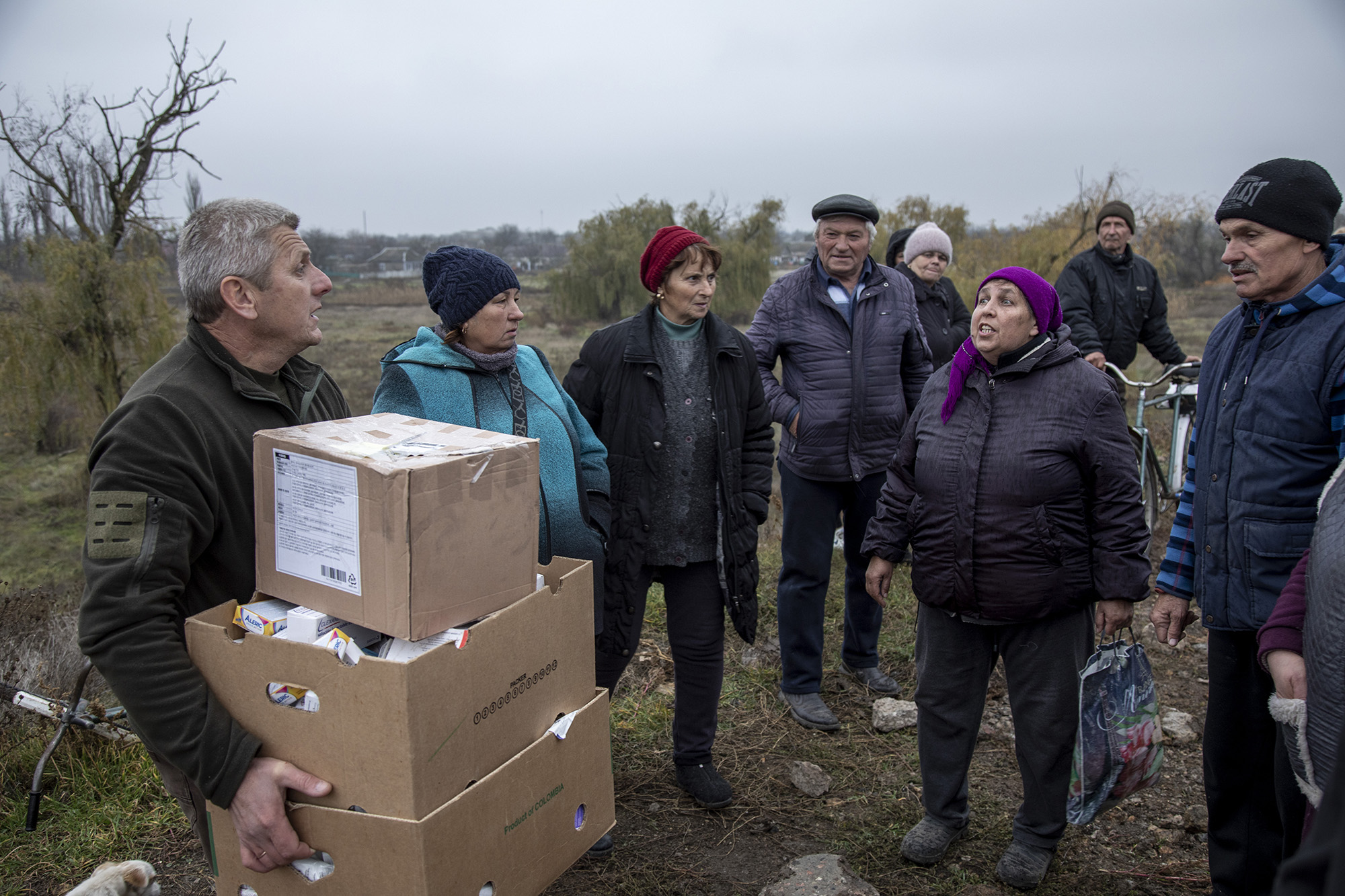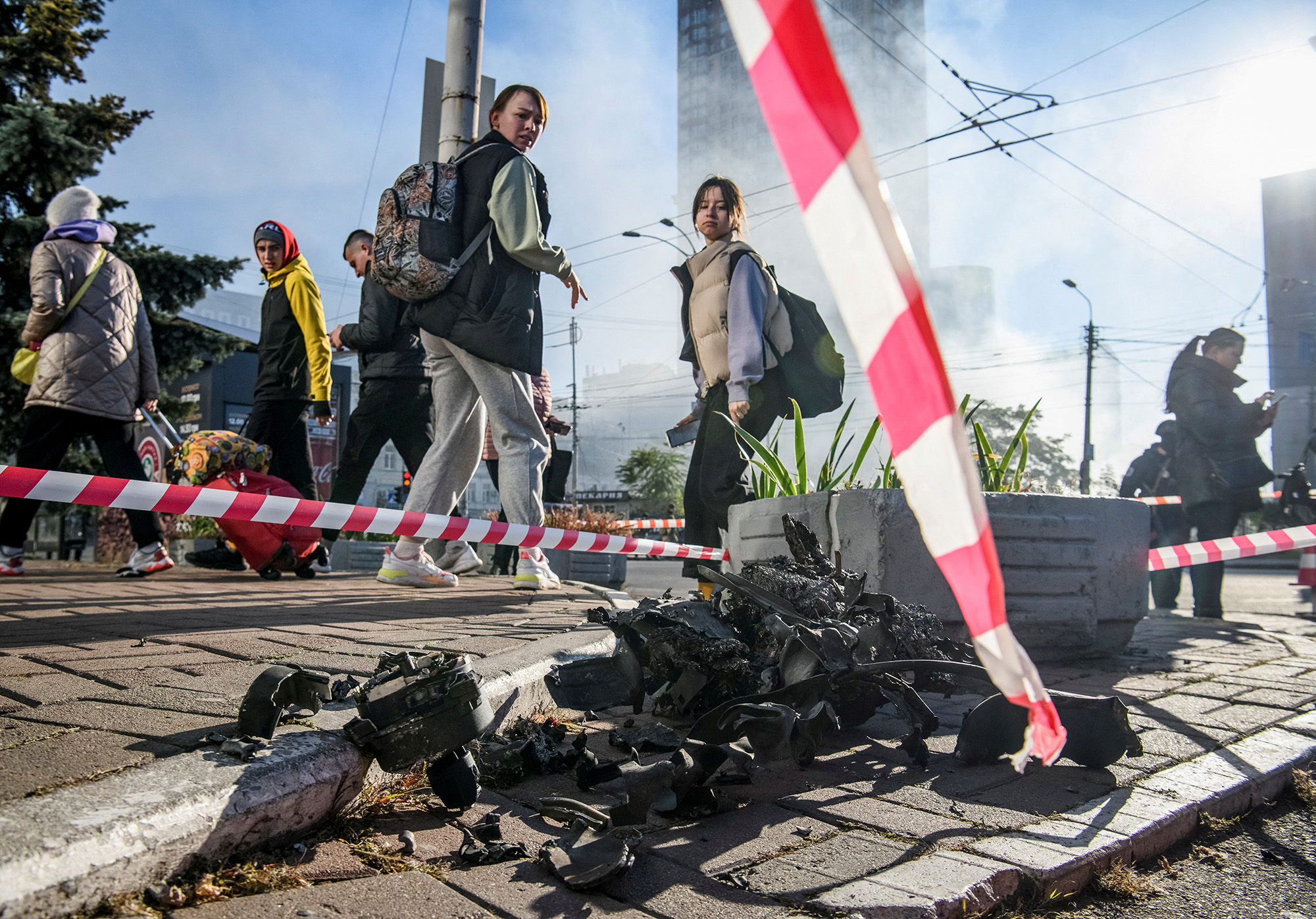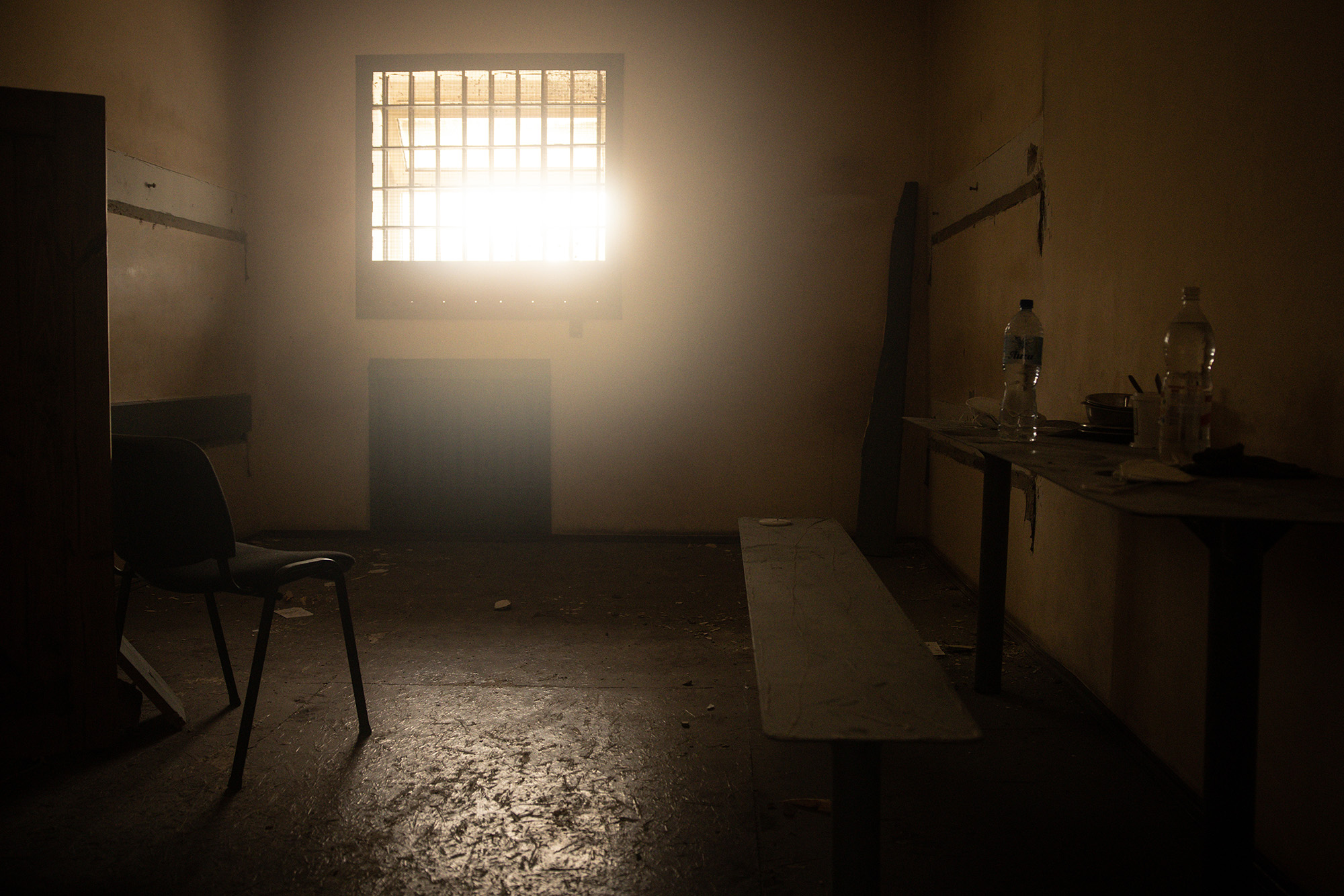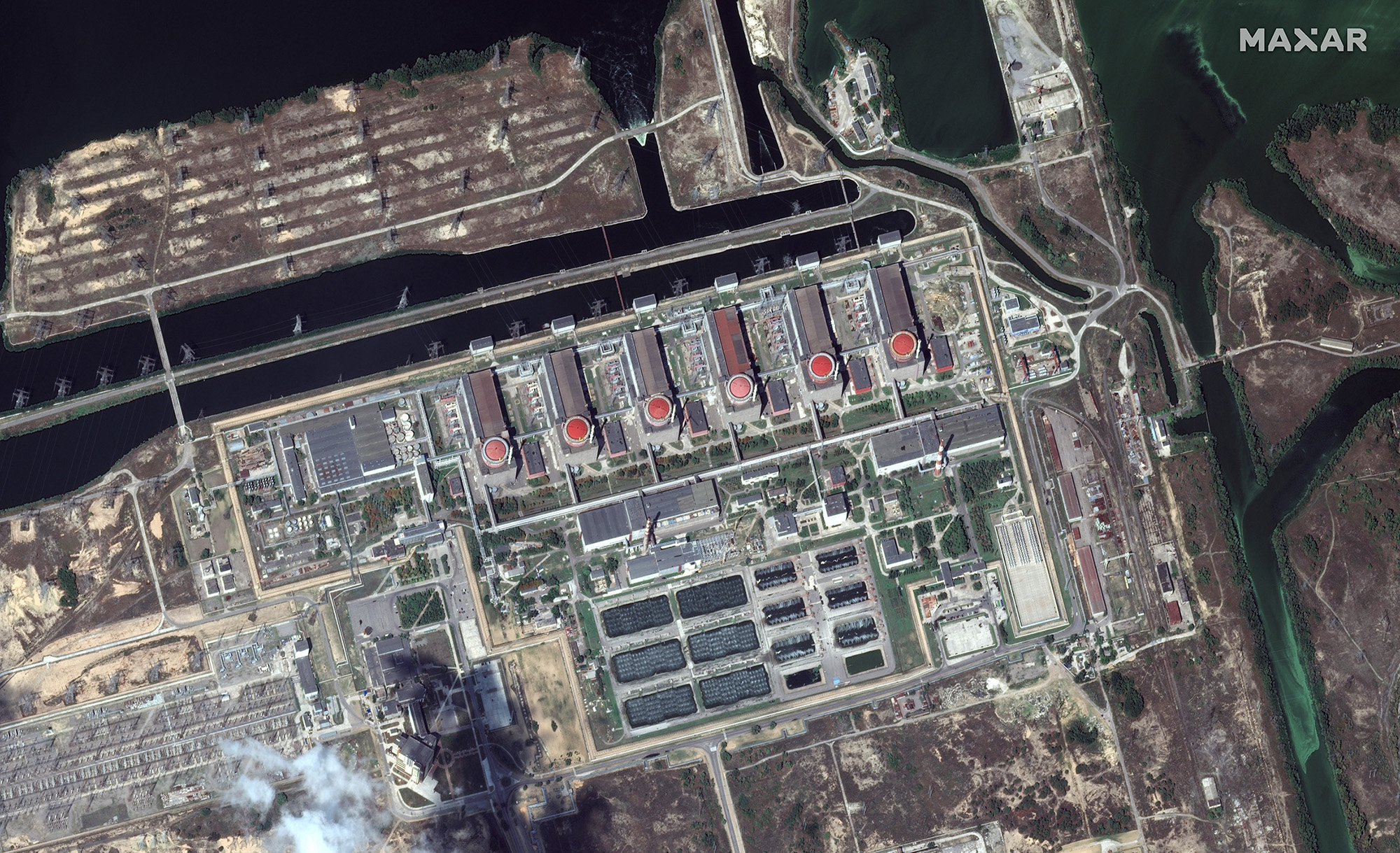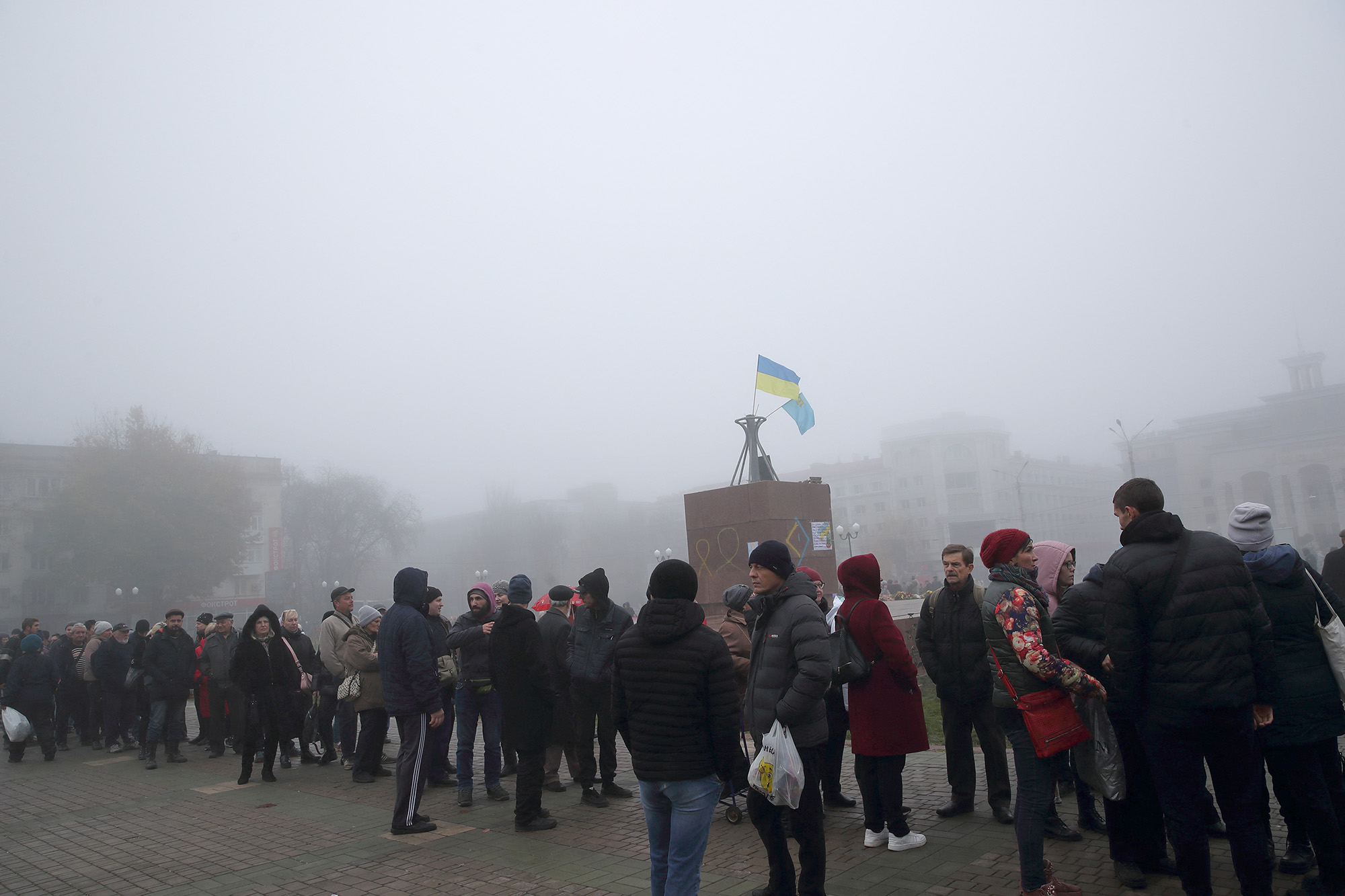There is “mounting evidence” of “systemic war crimes" being committed in "every region where Russia's forces have been deployed” in Ukraine, a top US State Department official said Monday.
“This includes deliberate, indiscriminate, and disproportionate attacks against the civilian population and elements of the civilian infrastructure,” abuses of civilians and prisoners of war and “efforts to cover up these crimes,” reports of executions, torture, and sexual violence, US Ambassador-at-Large for Global Criminal Justice Beth Van Schaack told reporters on a call.
Russia has been accused of deliberately targeting Ukraine’s civilian power grid in an effort to leave the civilian population without electricity and heat — an act that would amount to a war crime.
Van Schaack said it is difficult to determine particular individual strikes would be war crimes, noting that “each individual strike has to be evaluated as against whether there were military objectives in the vicinity, or whether these were purely civilian objects,” but said “there is a consistent pattern of attacks on civilians elements.”
Van Schaack also highlighted Russia’s “construction of a vast transnational infrastructure of filtration operations, to which thousands of Ukrainian citizens have now been subjected,” which is a violation of international law.
“There are compelling reports describing physical and psychological abuse, including summary executions, as part of the operations and the forcible transfer and deportation including thousands of Ukrainian children, who've been abducted and forcibly adopted by families within Russia,” she said.
The United States is supporting the International Criminal Court, the Ukrainian Office of the Prosecutor General — which “has already identified thousands of incidents that may constitute war crimes” — the UN Commission of Inquiry, a European joint investigative team, Van Schaack said.
